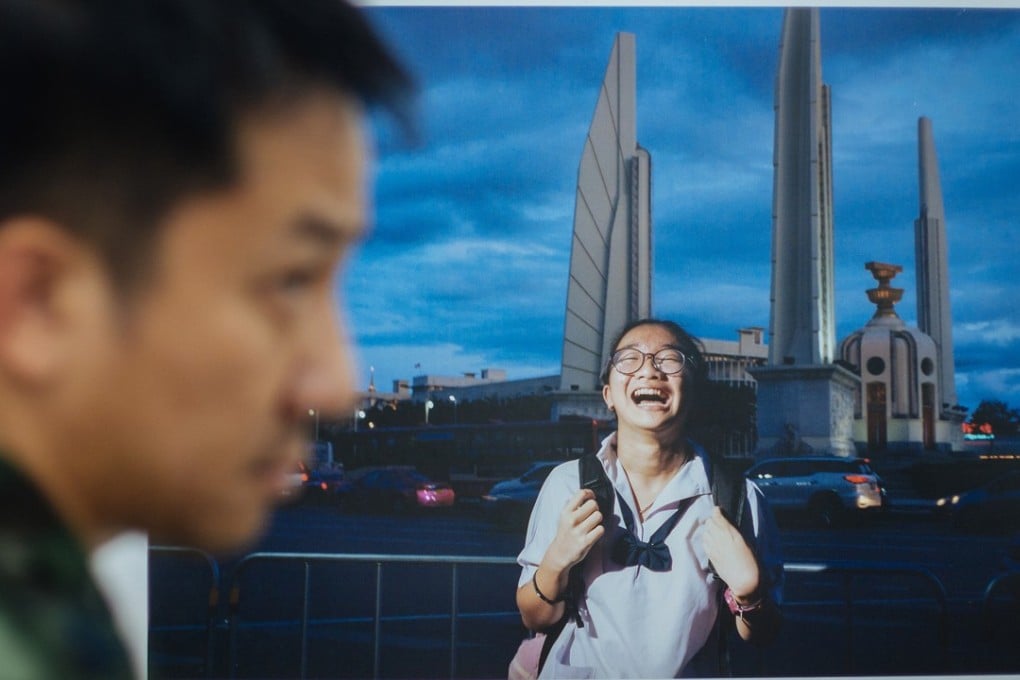Ten Years: Thai adaptation of hit Hong Kong film to premiere at Cannes
Banned in China, the award-winning dystopian anthology movie is being re-imagined for audiences across Asia

When the modestly budgeted and politically charged Ten Years unspooled to packed theatres and won the Hong Kong Film Awards’ top prize in 2016, academics and activists were quick to describe it as both a product and a torch-bearer of the city’s burgeoning localist movement. But few had foreseen the feature – an omnibus comprising five shorts set in an Orwellian Hong Kong in 2026 that was banned in the mainland – would become a template for international filmmakers.
With the world premiere of a Thai version at Cannes Film Festival next month, plus the expected bows of the Japanese and Taiwanese versions at other A-list international film festivals this autumn, Ten Year’s transformation from a local oddity to a regional (if not global) phenomenon is near complete.
Slated for an out-of-competition berth at Cannes, Ten Years Thailand is closest to the Hong Kong original in terms of political urgency, according to executive producer Andrew Choi Lim-ming. The shorts include Aditya Assarat’s Sunset, about a soldier’s inspection of an art show; Chulayarnnon Siriphol’s Planetarium, a fantastical satire of Thailand’s elites; Wisit Sasanatieng’s Catopia, a horror-infused allegory about murderous cat people feeding on besieged humans in Bangkok; and Apichatpong Weerasethakul’s Song of the City, which revolves around a man’s attempt to sell a “sleep machine” to a physician.

“Over the last 12 years there has been a lot of social and political conflict in Thailand,” says Aditya, whose directorial credits also include shorts in multinational portmanteaus such as Letters from the South (2013) and Distance (2015). “There have been two coup d’etats and currently we are still waiting for an election to return the country to democracy. So I think the question of how the future will unfold is a question that we all think about. As filmmakers, we have a chance to express ourselves through cinema.”
